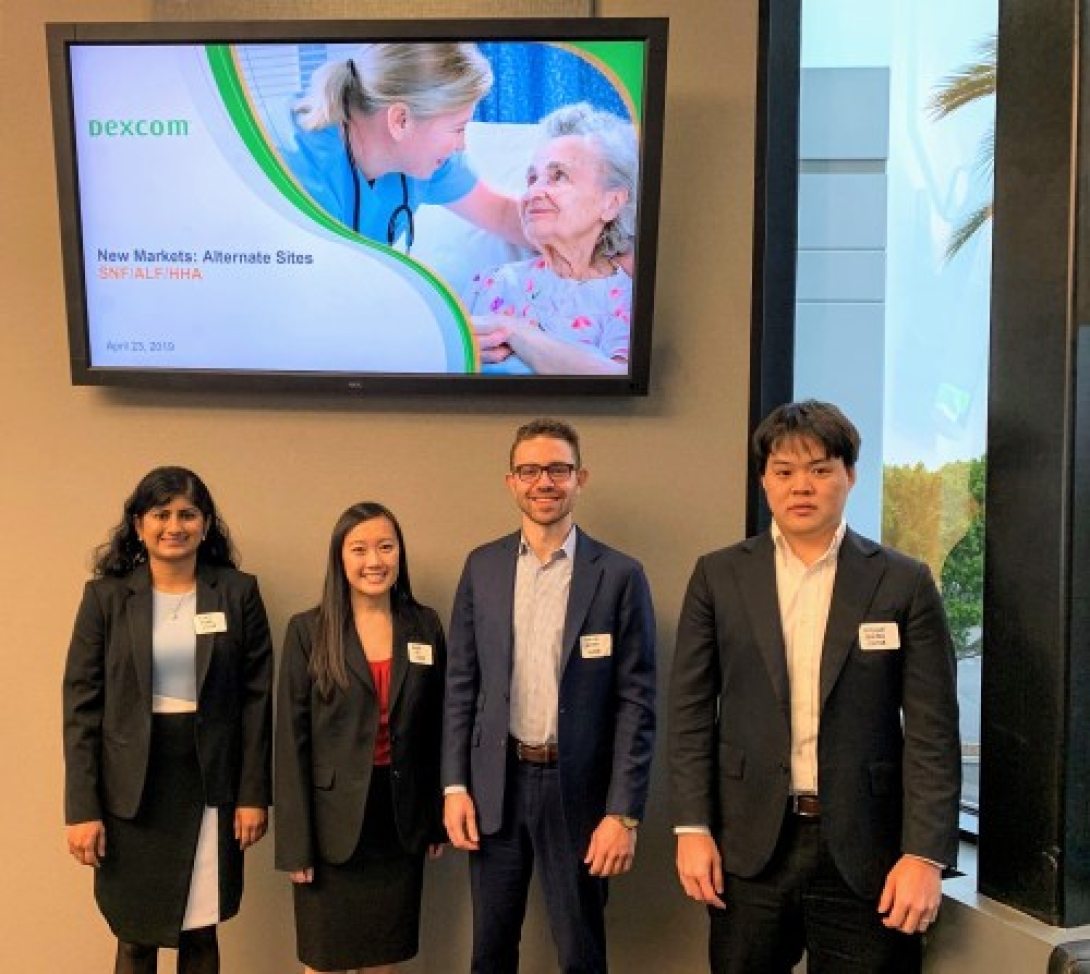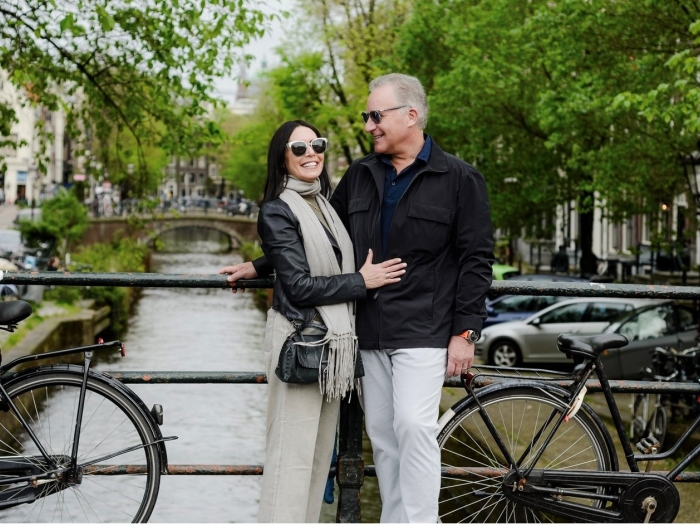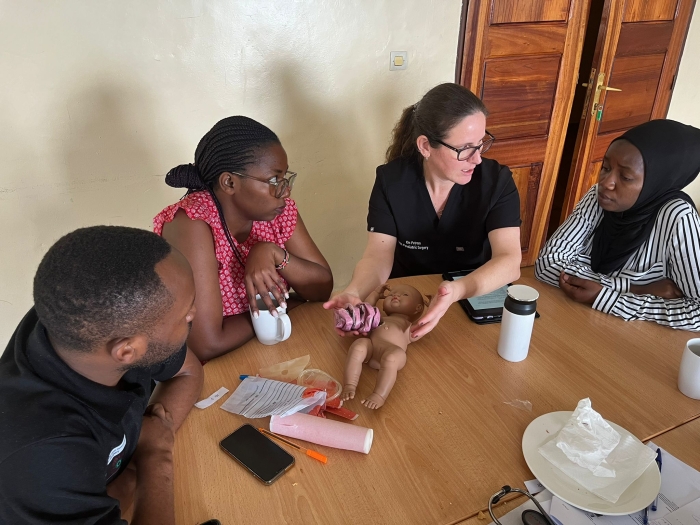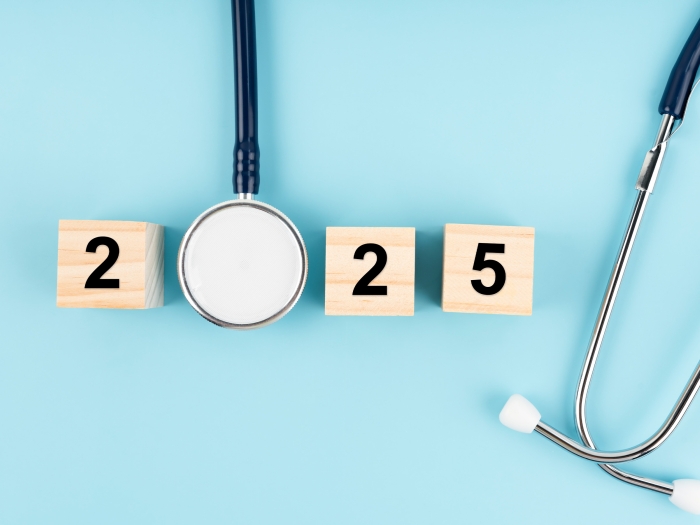During the last term semester for my dual-degree program at the Ross School of Business, I worked as a student consultant for Dexcom, a company based in San Diego that makes continuous glucose monitors (CGM). This engagement was a part of the Michigan Ross Multidisciplinary Action Project (MAP) course.

Our task was to evaluate a potential new market for these devices beyond Dexcom's core market of type 1 diabetic patients. The project was a perfect opportunity to apply my clinical and business knowledge in tandem. One of the best parts of MAP was being able to draw from the expertise of my fantastic team members. Among us, one teammate had worked in financial regulation in Japan, another worked as a yield strategist for an airline, and another had experience in health care software.
As a part of the experience, we had the opportunity to try the devices on our ourselves for 10 days. I was impressed that I couldn't feel the sensor at all, and it stayed put despite a week that included surfing and rock climbing. My main insight from having my glucose monitored around the clock was that earlier dinners significantly decreased my morning fasting blood sugar.
I was surprised by how much the research skills I built up through years of quality improvement work translated to a business environment. I also enjoyed the opportunity to dust off my clinical vocabulary. During the project, I felt lucky to be part of the University of Michigan network. Our requests to connect with physicians and other experts were quickly answered, and it was invaluable to be able to tap into their expertise.

The experience was also educational in terms of best practices for team work. In a clinical environment, almost all of the work we do is in teams, but I have been part of very few teams where norms and expectations for the whole team are clearly laid out at the outset, in part due to a hectic schedule or due to frequent team turnover. Creating a team charter at the start of the project and intentionally thinking through the division of labor helped keep our workload balanced. It certainly helped that all of our team members were motivated to contribute.
This month, I am back in Ann Arbor seeing patients on endocrinology consults and clinic, and experiencing firsthand the impact that technologies like CGM can have in improving patient care.
University of Michigan Medical School
Want top health & research news weekly? Sign up for Health Lab’s newsletters today!





